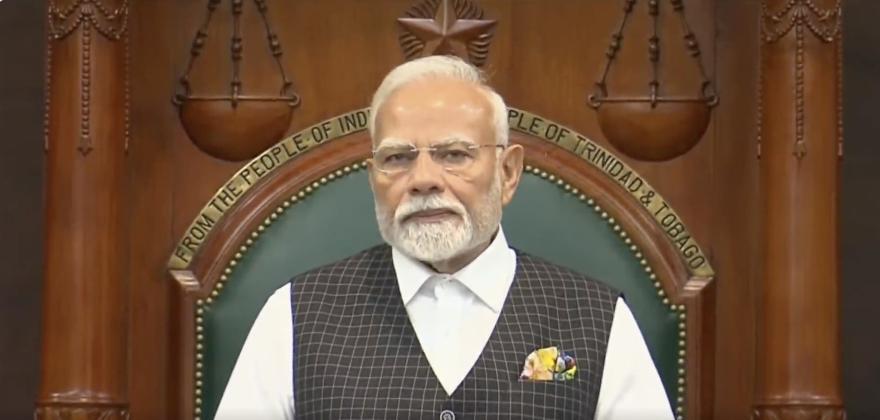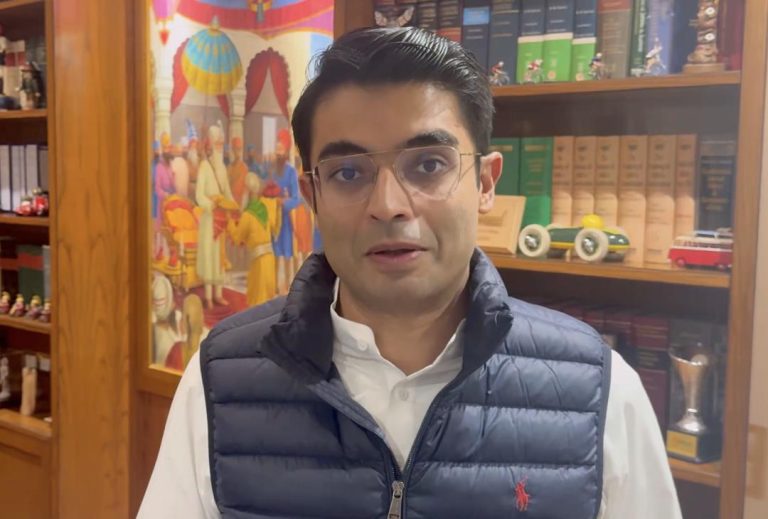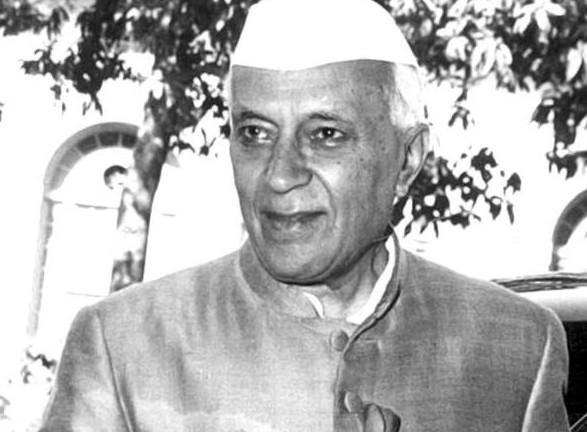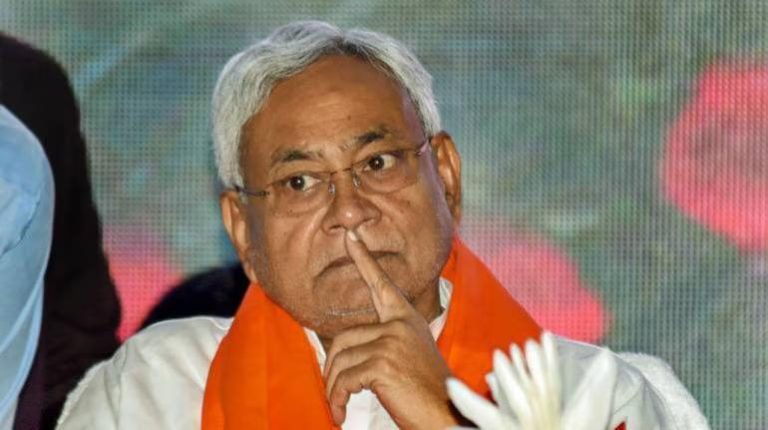
Glad to see so many women MPs: PM in Trinidad & Tobago parliament
In a significant gesture of appreciation and recognition, Indian Prime Minister Narendra Modi expressed his delight at the presence of several women members of parliament in Trinidad and Tobago. During his address to the joint assembly of the Trinidad and Tobago parliament on Friday, Modi highlighted the significance of having women in positions of power, stating that it is a testament to the country’s commitment to gender equality.
Modi’s remarks came as a welcome acknowledgement of the achievements of women in Trinidad and Tobago, particularly in the realm of politics. The presence of women in the parliament is a reflection of the country’s efforts to promote gender balance and ensure that women have an equal say in decision-making processes.
The Indian Prime Minister’s words of appreciation were not limited to the Trinidadian women MPs, but also extended to women in India. Modi emphasized that respect for women is deeply rooted in Indian culture and that the country is actively working to empower women to build a modern and prosperous India. He noted that women are leading the charge in various domains, driving India towards a new future.
Modi’s address to the Trinidadian parliament was a significant moment in diplomatic history, marking the first time an Indian Prime Minister had addressed the joint assembly of the Trinidad and Tobago parliament. The visit is seen as a major boost to the already strong bilateral relations between the two countries.
The Prime Minister’s emphasis on the importance of women’s participation in politics and decision-making processes is a welcome development, especially in a region where women’s representation in politics is often limited. The presence of women in positions of power can have a significant impact on policy-making, as they bring unique perspectives and experiences to the table.
In many parts of the world, women’s participation in politics is often hindered by societal and cultural norms, which perpetuate gender inequality. However, in Trinidad and Tobago, the situation is slightly different. The country has a relatively high level of women’s participation in politics, with 36% of its parliamentarians being women.
The Prime Minister’s words of appreciation for the women MPs in Trinidad and Tobago parliament are a testament to the country’s commitment to promoting gender equality and empowering women to take on leadership roles. The presence of women in politics can have a significant impact on society, as they bring a unique perspective and set of skills to the table.
In India, the situation is slightly different. While the country has made significant progress in terms of women’s empowerment, women’s participation in politics is still limited. According to the 2019 Lok Sabha elections, women made up only 14% of the total seats in the Indian parliament.
However, there are signs of change on the horizon. In recent years, there has been a significant increase in the number of women contesting elections and winning seats in the Indian parliament. The rise of women leaders like Nirmala Sitharaman, who became the first full-time Defence Minister of India, and Smriti Irani, who became the first woman to contest the election from Amethi, are a testament to the changing times.
In conclusion, Prime Minister Narendra Modi’s address to the Trinidad and Tobago parliament was a significant moment in diplomatic history, highlighting the importance of women’s participation in politics and decision-making processes. The Prime Minister’s words of appreciation for the women MPs in Trinidad and Tobago parliament are a testament to the country’s commitment to promoting gender equality and empowering women to take on leadership roles.






